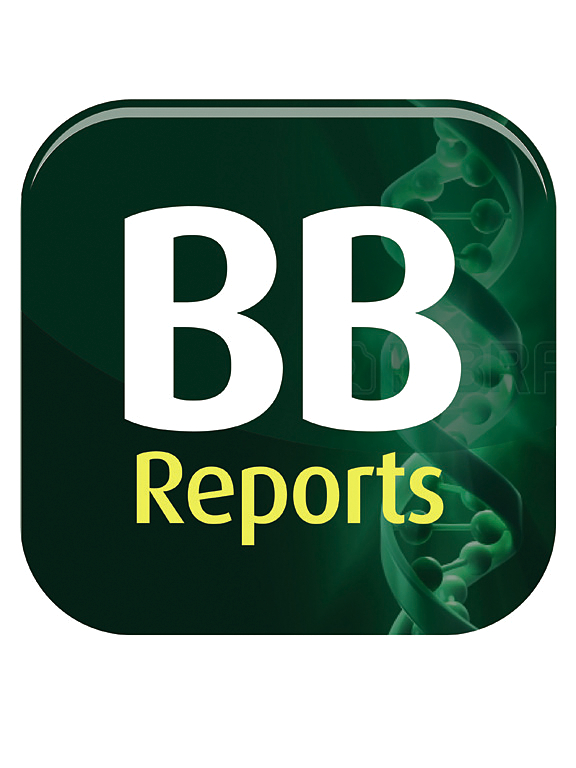胚泡注射后,中胚层细胞不能促进心脏的形成
IF 2.2
Q3 BIOCHEMISTRY & MOLECULAR BIOLOGY
引用次数: 0
摘要
囊胚互补为从供体来源产生可移植的完整器官提供了机会。多能干细胞(PSCs)由于其能够分化为任何类型的体细胞,传统上被用作原代供体细胞。然而,PSCs的使用引起了伦理问题,特别是关于它们不受控制的分化潜力,如不需要的细胞系,如脑和生殖细胞。为了解决这个问题,已经探索了各种策略,包括使用具有受限谱系潜力的转基因psc或谱系指定的祖细胞作为供体。在这项研究中,我们测试了在早期原肠胚形成过程中出现的新生中胚层细胞(mesendodermal cells, mec)是否可以作为供体细胞。为此,我们从小鼠胚胎干细胞(ESCs)中诱导Bry-GFP+ MECs,并将其导入囊胚。虽然供体ESCs可以形成包括心脏在内的胚胎的各个区域,但Bry-GFP+ mec不能形成宿主胚胎。这一发现表明,尽管mec在几天内从psc中被指定,但缺乏融入发育中的胚胎的能力。本文章由计算机程序翻译,如有差异,请以英文原文为准。
Mesendodermal cells fail to contribute to heart formation following blastocyst injection
Blastocyst complementation offers an opportunity for generating transplantable whole organs from donor sources. Pluripotent stem cells (PSCs) have traditionally served as the primary donor cells due to their ability to differentiate into any type of body cell. However, the use of PSCs raises ethical concerns, particularly regarding their uncontrollable differentiation potential to undesired cell lineages such as brain and germline cells. To address this issue, various strategies have been explored, including the use of genetically modified PSCs with restricted lineage potential or lineage-specified progenitor cells as donors. In this study, we tested whether nascent mesendodermal cells (MECs), which appear during early gastrulation, can be used as donor cells. To do this, we induced Bry-GFP+ MECs from mouse embryonic stem cells (ESCs) and introduced them into the blastocyst. While donor ESCs gave rise to various regions of embryos, including the heart, Bry-GFP+ MECs failed to contribute to the host embryos. This finding suggests that MECs, despite being specified from PSCs within a few days, lack the capacity to assimilate into the developing embryo.
求助全文
通过发布文献求助,成功后即可免费获取论文全文。
去求助
来源期刊

Biochemistry and Biophysics Reports
Biochemistry, Genetics and Molecular Biology-Biophysics
CiteScore
4.60
自引率
0.00%
发文量
191
审稿时长
59 days
期刊介绍:
Open access, online only, peer-reviewed international journal in the Life Sciences, established in 2014 Biochemistry and Biophysics Reports (BB Reports) publishes original research in all aspects of Biochemistry, Biophysics and related areas like Molecular and Cell Biology. BB Reports welcomes solid though more preliminary, descriptive and small scale results if they have the potential to stimulate and/or contribute to future research, leading to new insights or hypothesis. Primary criteria for acceptance is that the work is original, scientifically and technically sound and provides valuable knowledge to life sciences research. We strongly believe all results deserve to be published and documented for the advancement of science. BB Reports specifically appreciates receiving reports on: Negative results, Replication studies, Reanalysis of previous datasets.
 求助内容:
求助内容: 应助结果提醒方式:
应助结果提醒方式:


